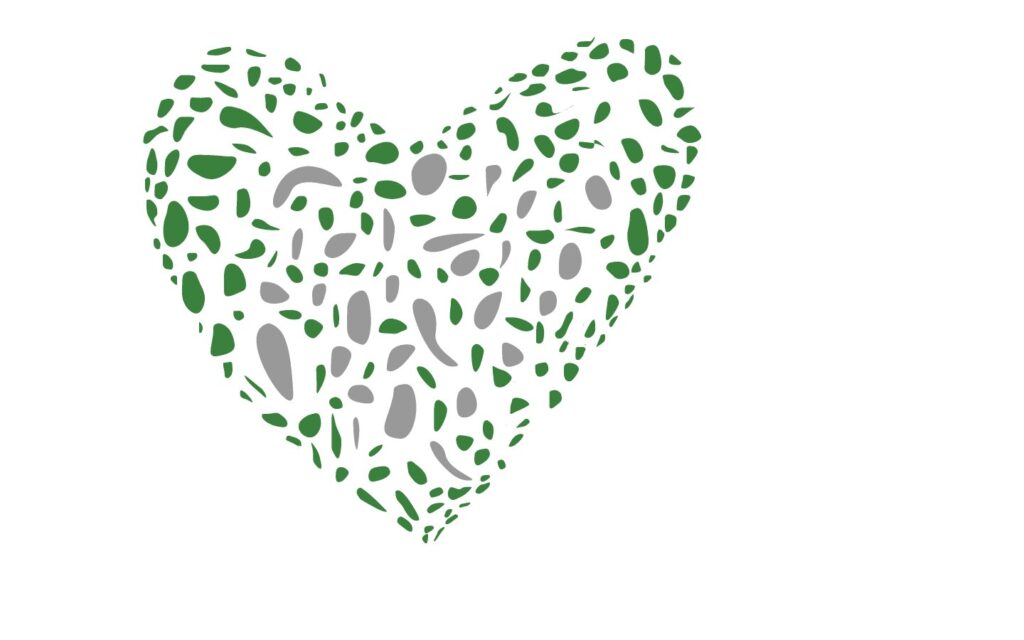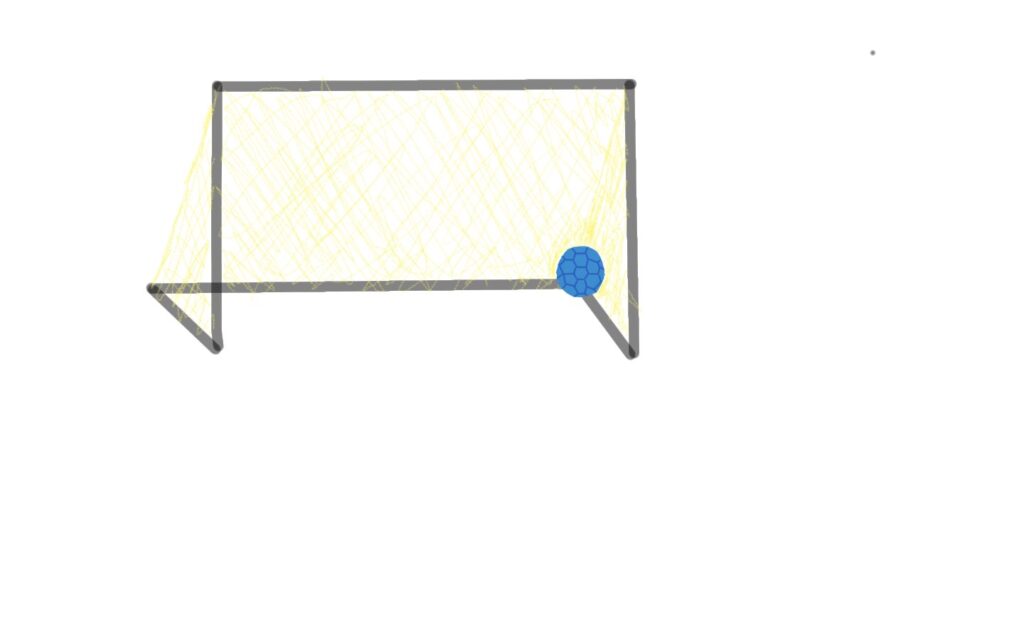Are You Prepared?

Right now we are in the midst of a winter weather advisory. While our friends in other parts of the world may laugh, a couple of inches of snow, sleet, and ice is a big deal here. Many of us are terrified at the prospect of even stepping outside our homes. Why is it that in some places people are able to handle regular blizzards while people in other places freak out at the mere mention of snow in the forecast?
We tend to be pretty good at preparing for what we regularly encounter like physical activity or weather. If you live in an area where it snows frequently, you and your neighbors have probably developed systems to help keep you safe – just like you have likely maintained your ability to use stairs with relative ease if you live in a house that has them.
Being prepared for every situation probably isn’t realistic. As you know, time, energy, and resources are limited, which is why investing in how to safely navigate a winter storm in a location that infrequently gets snow isn’t a priority for most of those people. However, it is important to prepare for things we encounter often. Even if you don’t have stairs in your home, they are common enough that being able to use them will make your life easier.
Whether it is stairs, getting out of a low chair, or something else that you often struggle with, I encourage you to get some help. With a proper strategy and training, you may be able to overcome these obstacles so that you can have more good days.
Thanks for reading. I hope you have a safe and healthy month.








